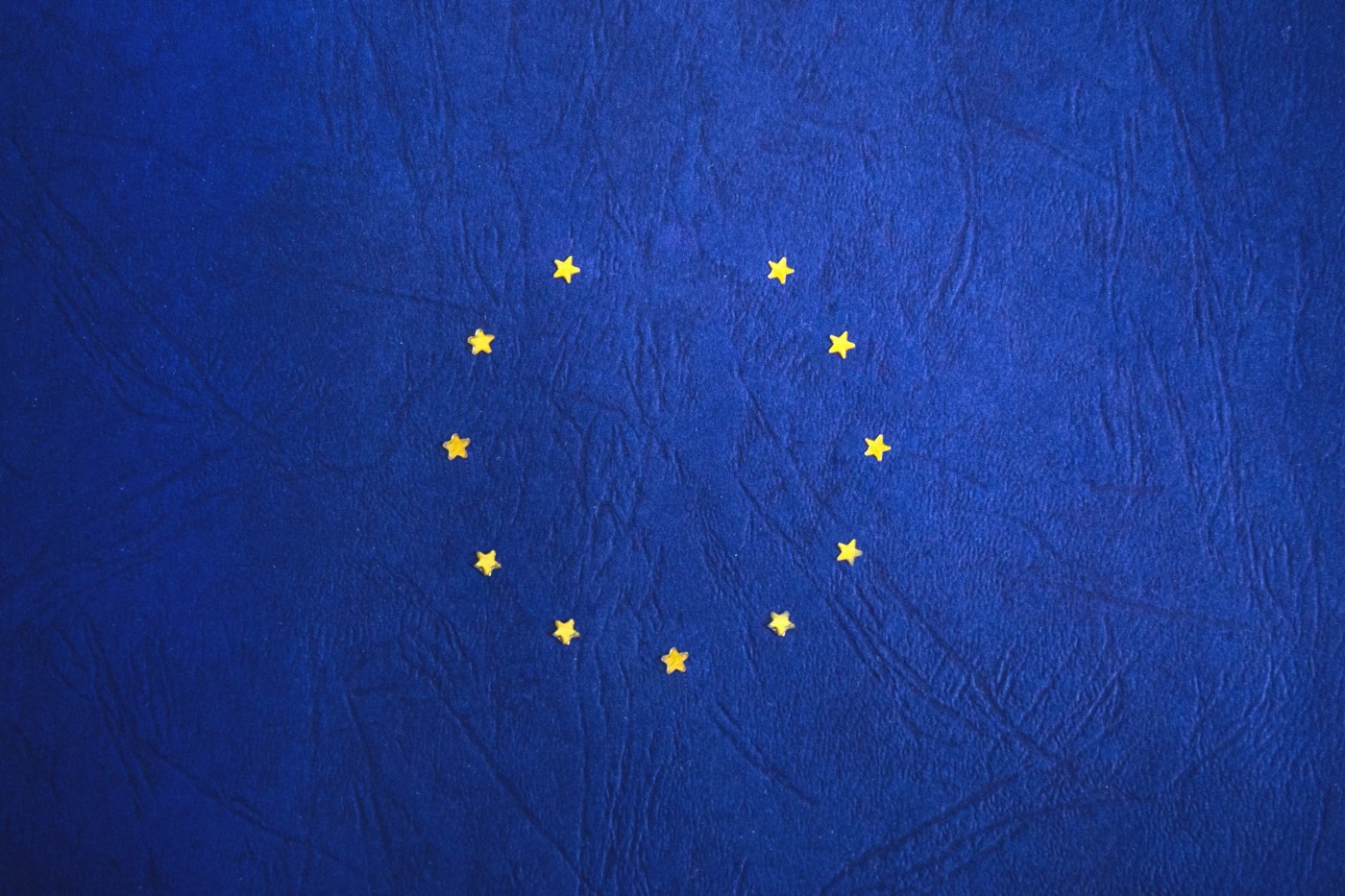
Monerium submits feedback to the proposed MiCA regulation
Monerium has just submitted a response to the European Commission’s proposed MiCA regulation. We welcome the EC’s effort to create legal certainty around crypto assets but make the following suggestions and observations.
MiCA introduces a new category of e-money, “e-money tokens”. It is intended to prevent the circumvention of existing rules (Directive 2009/110/EC) and broaden their scope to capture all types of crypto-assets referencing single fiat currency.
Europe enjoys a considerable advantage over other jurisdictions in having a well-crafted framework in place for issuing e-money. Legislators and regulators should be careful not to fragment or weaken e-money in response to distributed ledger technology.
We therefore argue that instead of creating special requirements for one category of e-money, e-money tokens, the EU should strengthen and protect the e-money framework overall, to ensure Europe’s competitive advantage in digital finance. In our view the definition of e-money provided in Directive 2009/110/EC, which was intended to serve as “technically neutral“ and “wide enough to avoid hampering technological innovation“ is in fact wide enough to capture e-money issued on blockchains.
Why do we care so much about the e-money framework?
Because it provides a robust framework for digital money which is a crucial component in bridging the existing world of fiat financial services and the emerging ecosystem of distributed ledgers.
E-money can be described as a high-grade money market instrument which is unconditionally redeemable at par with a mandatory minimum capital contribution by the issuer. E-money holders enjoy robust consumer protection and the highest priority of claims on the safeguarded funds and the issuer regulatory capital. Arguably, e-money is “Good Money“ as described by Dan Awrey in his paper “Bad Money“.
However, to make e-money even better and level the playing field between e-money issuers and commercial banks, e-money issuers should be guaranteed direct access to central bank facilities which removes commercial banks as gatekeepers to the ultimate issuer of fiat currency.
We encourage careful deliberation to what extent PSD2 should apply to distributed ledgers, mutatis mutandis, taking in to account the differences between legacy payment systems and decentralised blockchains.
Finally just like the GSM standard has done in mobile communications, we believe that e-money can not only bring benefits to European consumers but also serve as a standard for digital currency for the rest of the world.